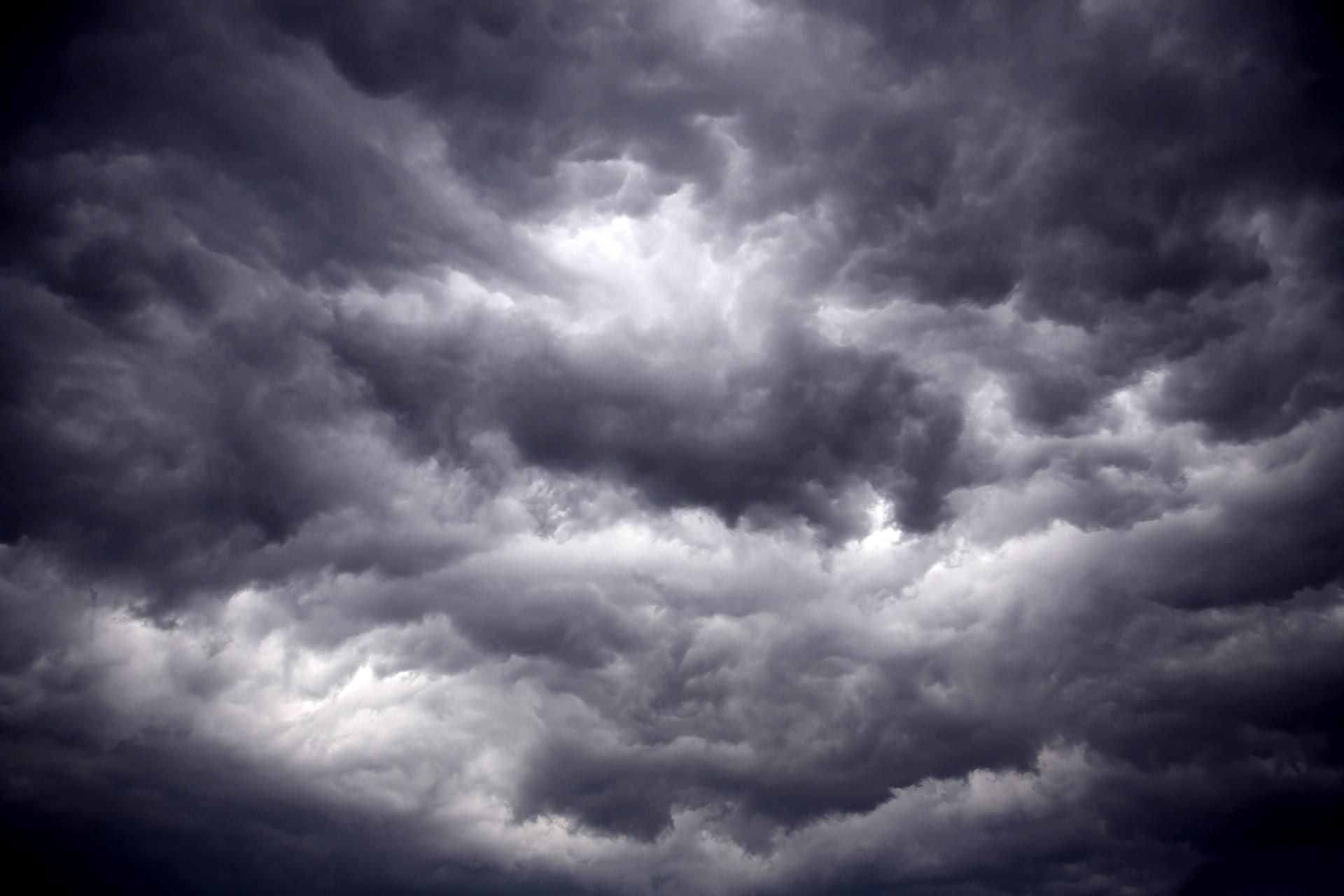A raging fire
- Nathan

- Jan 20, 2016
- 3 min read

Harriet Beecher Stowe, the author of Uncle Tom's Cabin, also authored a nonfiction assessment of American slavery, how it affected both the slave and nation, and finally the response of the church. Of particular interest is this analogy that compares to a raging fire. Beecher Stowe meant to illustate the irresponsible behavior many people, including many Christians, had to slavery, but the analogy seems eerily applicalbe to our modern struggle to awaken the church againast abortion.
Suppose a fire bursts out in the streets of Boston while the regular conservators of the city, who have the keys of the fire-engines and the regulation of fire-companies, are sitting together in some distant part of the city, consulting for the public good. The cry of fire reaches them, but they think it a false alarm. The fire is no less real for all that. It burns, and rages, and roars, till everybody in the neighbourhood sees that something must be done. A few stout leaders break open the doors of the engine-houses, drag out the engines, and begin, regularly or irregularly, playing on the fire. But the destroyer still advances. Messengers come in hot haste to the hall of these deliberators, and, in the unselect language of fear and terror, revile them for not coming out.
“Bless me!” says a decorous leader of the body, “what horrible language these men use!”
“They show a very bad spirit,” remarks another; “we can't possibly join them in such a state of things.”
Here the more energetic members of the body rush out, to see if the thing be really so; and in a few minutes come back, if possible more earnest than the others.
“Oh! there is a fire!—a horrible, dreadful fire! The city is burning—men, women, and children, all burning, perishing!
Come out, come out! As the Lord liveth, there is but a step between us and death!” “I am not going out; everybody that goes gets crazy,” says one.
“I've noticed,” says another, “that as soon as anybody goes out to look, he gets just so excited; I won't look.”
But by this time the angry fire has burned into their very neighbourhood. The red demon glares into their windows. And now, fairly aroused, they get up and begin to look out.
“Well, there is a fire, and no mistake!” says one.
“Something ought to be done,” says another.
“Yes,” says a third; “if it wasn't for being mixed up with such a crowd and rabble of folks, I'd go out.”
“Upon my word,” says another, “there are women in the ranks, carrying pails of water! There, one woman is going up a ladder to get those children out. What an indecorum! If they'd manage this matter properly, we would join them.”
And now comes lumbering over from Charlestown the engines and fire-companies.
“What impudence of Charlestown,” say these men, “to be sending over here—just as if we could not put our own fires out! They have fires over there, as much as we do.”
And now the flames roar and burn, and shake hands across the streets. They leap over the steeples, and glare demoniacally out of the church-windows.
“For Heaven's sake, do something!” is the cry. “Pull down the houses! Blow up those blocks of stores with gun-powder! Anything to stop it.”
“See, now, what ultra radical measures they are going at!” says one of these spectators.
Brave men, who have rushed into the thickest of the fire, come out, and fall dead in the street.
“They are impracticable enthusiasts. They have thrown their lives away in foolhardiness,” says another.
So, Church of Christ, burns that awful fire! Evermore burning, burning, burning, over church and altar; burning over senate-house and forum; burning up liberty, burning up religion! No earthly hands kindled that fire. From its sheeted flame and wreaths of sulphureous smoke glares out upon thee the eye of that enemy who was a murderer from the beginning. It is a fire that burns to the lowest hell!




Comments